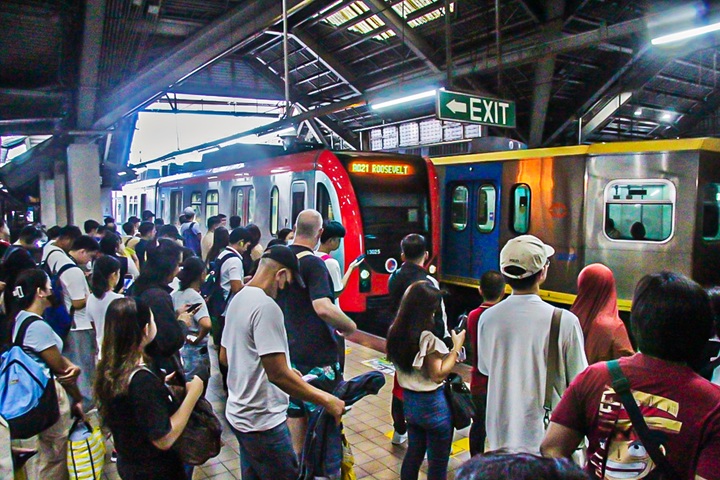
The approval of the LRT-1 fare adjustment signals a shift in how we approach the long-term sustainability of our public transport system. For years, discussions on fare increases have been met with resistance, often delaying necessary improvements.
But today, we see firsthand the results of investment—new train sets in operation, the extension project progressing, and improvements in service reliability. These are gains that commuters can already experience, and it is only right that we ensure they continue.

At the same time, fare adjustments must always be tied to measurable improvements. The commuting public must see and feel the benefits— better-maintained stations, safer and more efficient operations, and long term expansion efforts that serve more people. An adjustment should not be taken lightly, nor should it be seen as a mere financial requirement. It is a commitment to elevate the quality of service for those who rely on LRT-1 every day.
Public transport is a syzstem that must keep evolving. Operators, government agencies, and advocates must continuously monitor its progress and make adjustments when needed. All stakeholders have a responsibility to ensure that LRT-1 not only remains operational but also grows to meet the needs of a modern and rapidly developing metropolis.
As commuter advocates, we will continue to do our part. We will remain watchful, ensuring that commitments to service improvements are upheld. At the same time, we will work to educate the public on what it takes to maintain and expand our transit systems, altogether promoting an informed discussion on how we move forward.
Beyond fare hikes, we have to enrich the conversation about the long-term future of mass transportation in the Philippines. Every decision made today will shape the kind of transport system we have in the years to come, and we all have a role to play in making it better.

